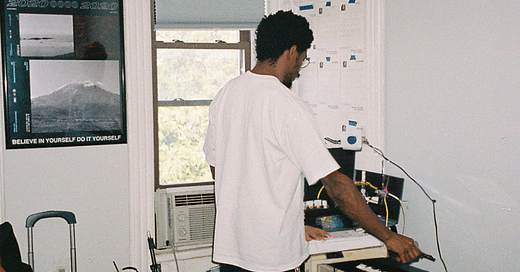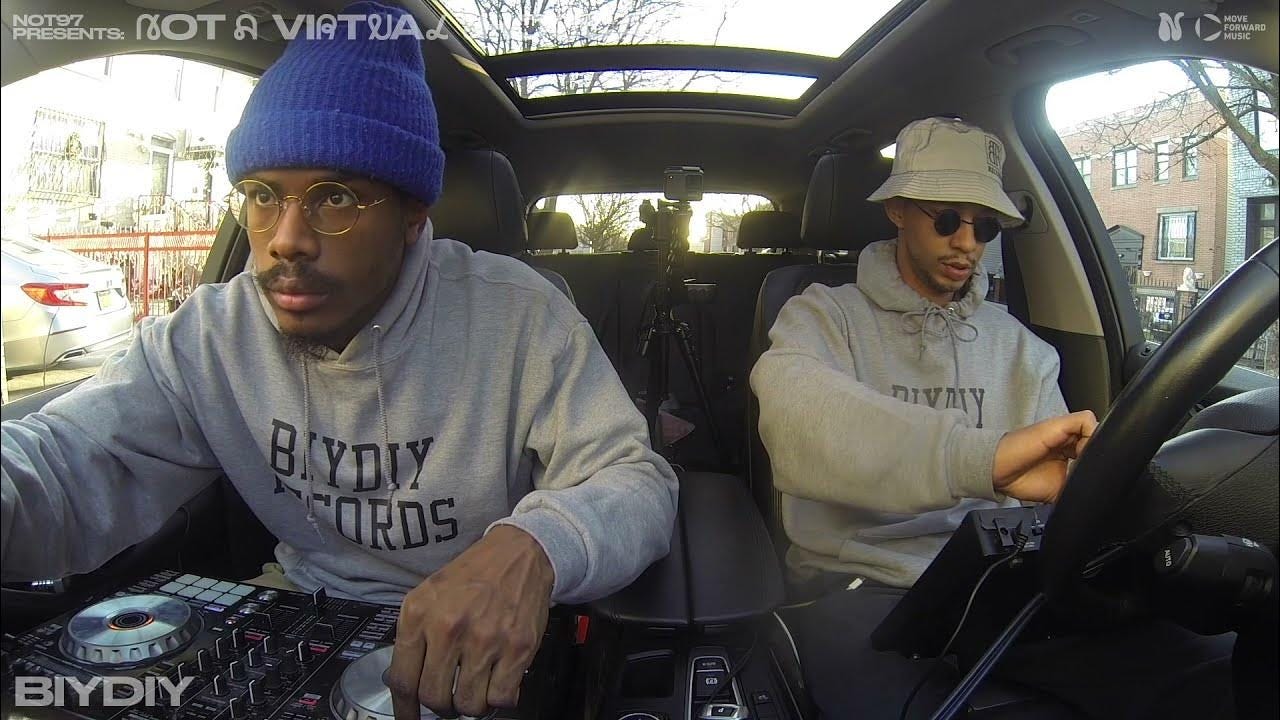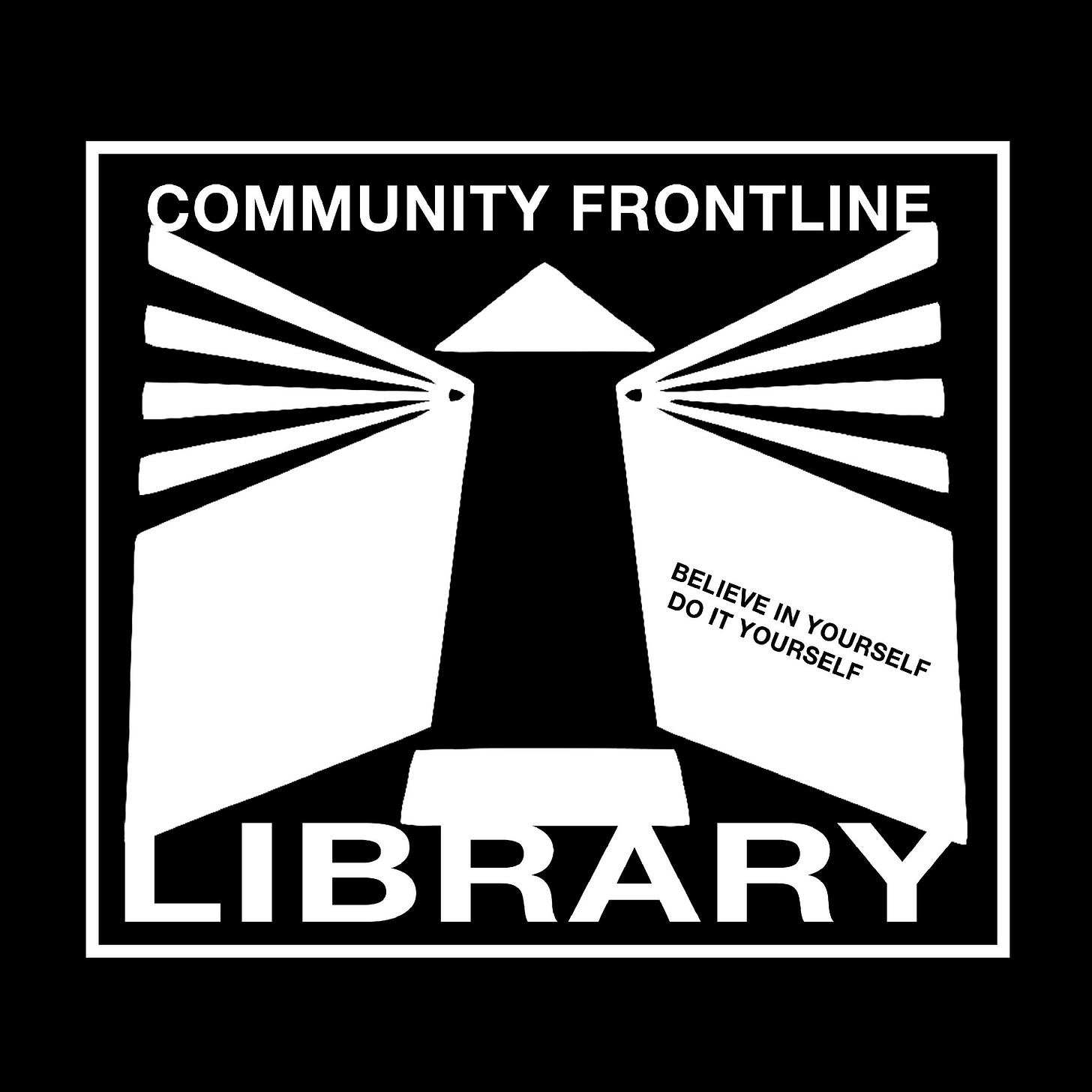This Friday, Stonie Blue joined me over Zoom from his New York apartment to speak about his artistry, background, and vision for house music's future.
Stonie Blue is a producer, DJ, and 1/2 of BELIEVE IN YOURSELF DO IT YOURSELF RECORDS (or BIYDIY). Hailing from Dallas, Texas, he says he gained his knowledge in music from coming of age in the Dallas boogie movement and burning mixes onto CDs in high school. He furthered his education in music during his time at the University of Nebraska, where he made it his mission to introduce people to music from other areas.
At the University of Nebraska, he found a community with black artists that happened naturally due to the lack of students of color. He reflected on the things he learned at the university.
“"I learned how to learn things.”
After his time at the university, he moved to New York City (along with other University of Nebraska graduates) and was inspired to start DJing.
"I just get emotional when I play stuff I made, and people actually dance to it because it's always an unbelievable thing."
He says it was in New York where he was exposed to house music. Exploring this new world allowed him to continue transcending his knowledge of music.
“ The music leaves room for imagination, especially if there's no words on the track. Like you can kind of just visualize your own story or your own situation to what's happening."
Around 2015, he began making his own music, taking inspiration from all the places he spent time in. Blue is known for his unique Texas twist on house music stemming from southern pride and his love of the Dallas boogie movement in the early 2010s. His notable works incorporating these elements include "Texas Boiiis" and "67 South". He credits producer and frequent collaborator Ben Hixon for inspiring his style. In fact, under Hixon's Dallas-based label, "Dolfin Records," the duo released a collaborative project titled "What You Want."
“Just to be able to draw that connection or uplifting these people with the sounds and just having an understanding that this needs to exist.”
Stonie Blue and American Matthew on “NOT 97 Presents: BIYDIY Records”
Stonie Blue runs BIYDIY records with fellow producer and DJ American Matthew. They have cultivated a community of house fans for which he says he is hugely grateful.
"My feelings towards that is just that it's been a blessing because the name "Believe in yourself do it yourself" instantly becomes bigger than me and Matthew because everyone can apply it to what they're dealing with, what they're going through, or what they're trying to create or striving towards. And so, I don't know, it's just been such a blessing that that message can transcend the type of work that we choose to do. And I don't know. I don't really even know how to explain it. It's just a blessing. . . Me and Matthew just kind of started off on 'We want to do this. We want to DJ. We want to make music. Let's just push forward without asking for permission.'. . . A whole bunch of people are looking at us, and it's it's almost like that message gives people permission to continue forward without having the ask anybody".
He also believes they are responsible for giving back to the community through their work with the label. They created a Forth Worth open-air library and a free online library called "Alexandria" through their initiative to promote education.
"Matthew is from Fort Worth, and that's where the public library is. And he came up with that because they run a community center, Community Frontline, and there was a library across the street that got shut down. . . To be able to put [a community library] in his hometown was just continuing to uplift people and spread knowledge and give people access to tools in the best way we can. . . If you can give back to the people in the in the best ways, in the most intentional ways, you just never know what type of change that sparks, but you do understand that it sparks some sort of change."
For more information on how to donate to the Community Frontline BIYDIY library click here.
Blue says that the camaraderie he has found from BIYDIY and electronic music, in general, has been beneficial.
"A lot of black artists usually get overlooked or underpaid. And so we're in a position to continue to uplift and push the sound and make that the leading sound within our communities. And that's when it's fun when everybody's kind of aware of what everyone's making. . . I think that's just my favorite part. Being able to champion your friends and uplift your friends."
On his project “Black House Brownstone”, he touches on this very concept of black artists being under appreciated in their own genre (house music) and in our discussion he reflected on the mindset he had when creating this project.
"I was like wait, white people weren't the only people that were making this music. And that was the headspace I was in when I was making it, even though I didn't have the awareness that there were so many [black] people doing it. . . When I made that project, I was like, I want to be responsible for bringing this music back to black people. And with making that statement, black people that already been involved are looking at me like you haven't done enough research. There's this [black] person. There's Kerri Chandler. . . And so you can kind of start to see, if someone gets into house music today, they might have a feeling like ‘I'm doing this for black people because white people are always in the main front of it.’ I'm at the point where I'm past that. . . We can't escape our race. We just have to make the things we want to make, and it will get categorized as it should, but we still have to put our right intentions to it, and we have to tell our stories correctly. So the kids that are that are coming up listening to us can understand what it came from, and where it's going and where they can take it to."
When I asked him what the future of electronic music look like in his ideal world, he responded:
"The future of electronic music looks inclusive and black artists are not being taken advantage of. Black artists are able to play in the best venues. Lineups are more diverse. It's not the same copy-and-paste lineups. People are taking risks on new ideas. People dismantling the high stage and the low crowd. People are putting everything on the same level so people can continue to dance versus glorifying someone that's just picking songs. But yeah, people getting their proper compensation for the work they put out and getting their proper respect, and we're able to continue to lift up the future and teach the future, and the access is there."
Special thanks to Stonie Blue for taking the time to speak with me. You can find him on Instagram and Twitter at @antbluejr. His next show is on July 1st at Public Records in Brooklyn, NY.







